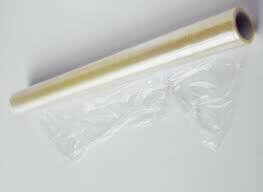Tins of paint
Take a trip to the Recycling Centre in Burgess Hill, and not only can you drop off all your part used, probably dried up paint, but you can also pick up, free of charge, up to three tins of paint from the site.
When you get checked in at the gate, do tell them you have paint to dump and/or would like to have some free paint. One of the team will open up the locker (kept locked as a fire precaution) for you to choose paint for free. You do not have to hand in paint to obtain free paint.
Visiting at the end of October (2024), I can tell you that there was all sorts of free paint available - loads of white emulsion.
Acrylic paint
Acrylic is a form of plastic, so we do need to be aware of how we dispose of it. To reduce anything getting into the water system I have been advised that before you wash out your brushes, you wipe them off first with paper - old newspaper will do - to remove as much paint as possible and put the paper into your black top rubbish bin. This is better than using an old cloth as the cloth cannot be put in your black top bin.
This way, the absolute minimum amount of plastic will enter the water system from your sink when you do wash your brushes! The way our water is processed means that it can cope with these small amounts.
Can you also make sure that any paint left on your palette is also disposed of into your black top bin. When your palette is dry do peel off as much as you can and this can also be wrapped in paper and disposed of into your black top bin.
Regarding the acrylic plastic you put into your black bin, do not despair. In West Sussex, we do recycle your black top bin contents and we extract all the plastic and paper, including your acrylic paint, and we turn it into Refuse Derived Fuel (RDF). These are fuel pellets that are then are sold to industry as industrial fuel.










